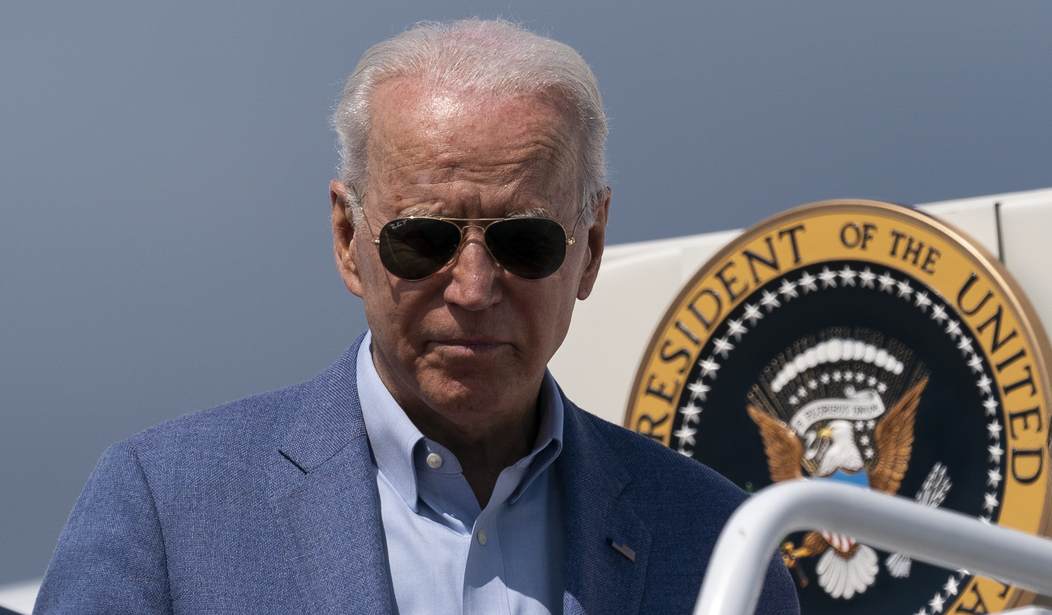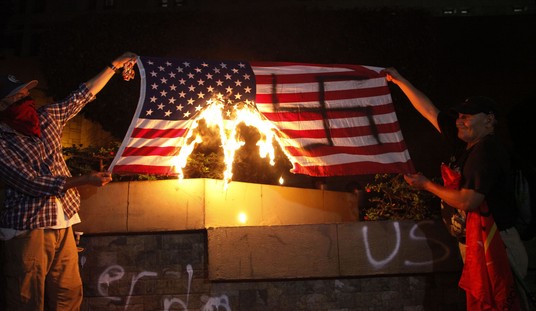Iraqi Prime Minister Mustafa Al-Kadhimi is slated to meet with President Biden at the White House on Monday. Reportedly, it will be announced that U.S. troops will shift to an advisory role for the Iraqi Security Forces (ISF). As our historical record painfully shows, extending the advise and train mission is bad policy. Withdrawing all U.S. troops from Iraq is the best way to serve American interests.
Many support using U.S. troops to train foreign militaries abroad, believing that it provides stability in the target country. Yet the record is clear that such operations have provided virtually no benefit to our country while costing a great deal in blood and treasure. A brief review of our key post-World War II efforts to train other militaries reveals why.
The American effort to train the South Vietnam army officially began in November 1955 with the establishment of the Military Assistance Advisory Group, Vietnam. It ended with the Vietnamization program, concluding with our final withdrawal in 1973. After 12 continuous years training the South Vietnamese military at the cost of billions, the North Vietnamese army conquered the south in just two years.
Following our October 2001 attack to punish al-Qaeda for its role in the 9/11 attacks, we began building an Afghan military from scratch. After 20 consecutive years of effort, we see now that before we have even fully withdrawn from the country, the Afghan National Defense and Security Forces we spent decades and scores of billions training have abandoned whole sections of their country to the Taliban.
The United States began training Iraqi Security Forces in May 2003 with the establishment of the Coalition Military Assistance Training Team. After nearly eight years of continual support, then-Secretary of the Army John McHugh told members of the House Appropriations Committee that the United States training efforts over the previous eight years had given the ISF “every opportunity and every basis upon which to succeed and now it’s up to them."
Recommended
Yet barely three years later, in their first real combat test, the ISF melted in the face of a small but fierce assault by ISIS in Mosul. The reasons for that collapse are important to understand as we contemplate extending into perpetuity a similar training mission for today’s Iraqi troops.
There were initially as few as 3,000 ISIS fighters in all of Iraq in June 2014, with no formal state backing, no air force, no supply system, and no modern military transport. They were opposed by a total Iraqi security force (including military and police) of over 900,000.
The ISF had an Air Force, M1 Tanks, and the logistical and financial backing of its government (however imperfect). Yet the Iraqi troops wilted before the ISIS fighters in June 2014 in which a stunning four infantry divisions collapsed in 48 hours. The reasons for this collapse were exposed in a report produced by the Institute for the Study of War (ISW) fully one year before the disaster.
The ISW report centered on the authoritarian policies of then-Prime Minister Nouri al-Maliki in relation to the security forces. In an effort to ensure absolute political loyalty to him personally, Maliki had forced out leaders at ever level he didn’t like and replaced them with loyalists in command positions. Those officers frequently had insufficient to no military experience. As the 2013 study presciently noted, these efforts led directly to the rise of ISIS and the collapse of the ISF.
The ISW authors warned of “the danger that Sunni discontent and the instability in Syria may translate into a resurgence of al-Qaeda in Iraq… Any security crackdown or further actions seen as disenfranchising the Sunni participation might actually exacerbate the drivers of instability that could fuel a regeneration of al-Qaeda in Iraq.” ISIS was formed from a resurrected core of al-Qaeda in Iraq leaders.
Thus, the Iraqi government’s corruption and poor policies led directly to a dramatic weakening of their own security forces while simultaneously fueling the rise of their internal enemy, the Sunni-dominated ISIS. It didn’t matter how many years U.S. military trainers tutored Iraqi troops. It didn’t matter how great the advice may have been that senior U.S. generals and diplomatic officials provided to their Iraqi counterparts.
The success or failure of the Iraqi military and government has been – and will continue to be – determined by the degree to which they purge corruption from their senior ranks and the extent to which they find the will to win. However much we may wish for Iraq to be a stable country in the Middle East, keeping U.S. troops on the ground providing training and advice will not make it so.
The mission will continue to fail, as all our previous efforts have. As hard as it is to accept, the best thing the President can do for American security – and to give the Iraqis their best chance at success – is to end the mission and withdraw all our troops from Iraq and Syria.
Daniel L. Davis is a Senior Fellow for Defense Priorities and a former Lt. Col. in the U.S. Army who deployed into combat zones four times. He is the author of “The Eleventh Hour in 2020 America.” Follow him @DanielLDavis1.

























Join the conversation as a VIP Member